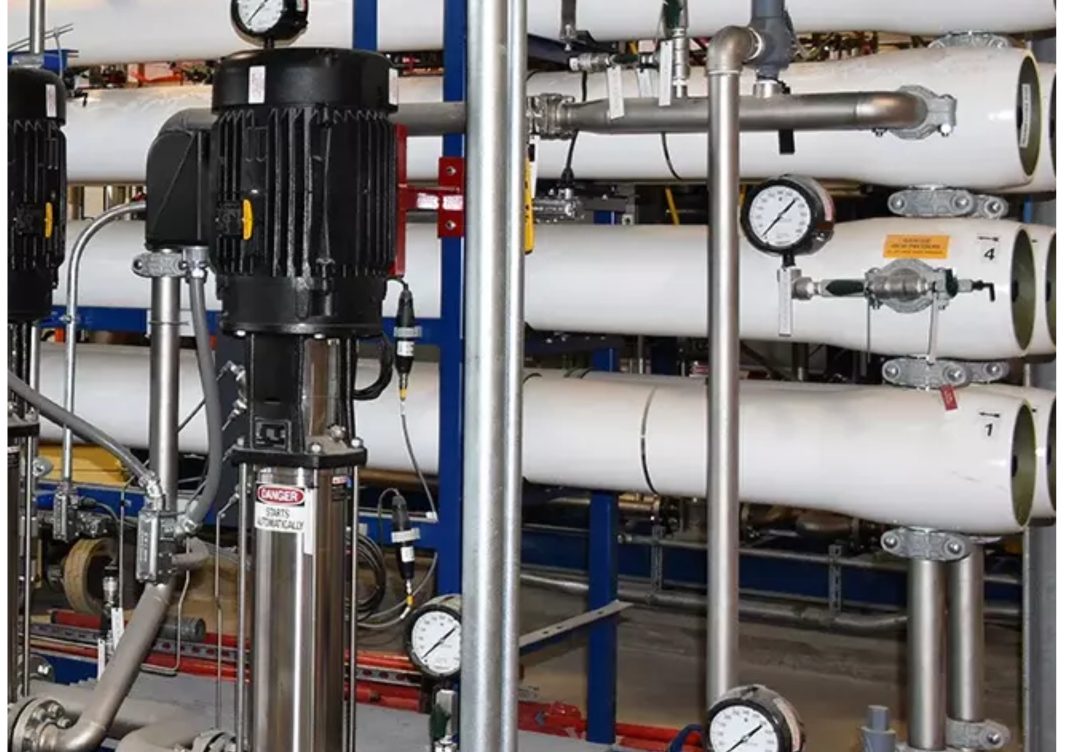
By hydrotekwater.com
Boiler Water Chemistry:
Boiler water chemistry refers to the precise control and management of the chemical components within the water used in boilers. It is a critical aspect of boiler operation and maintenance, aiming to optimize performance, ensure longevity, and prevent corrosion and scale formation.
Key Aspects:
- Water Purity:
- Ensuring the water used in boilers is of high purity is fundamental. Impurities such as dissolved minerals and gases can lead to scale formation, corrosion, and reduced heat transfer efficiency.
- pH Control:
- Maintaining the correct pH level is crucial for preventing corrosion. Too acidic or alkaline conditions can accelerate the degradation of boiler materials, impacting both safety and performance.
- Oxygen Scavengers:
- Oxygen in boiler water can cause corrosion. Oxygen scavengers are chemicals added to eliminate or reduce the presence of dissolved oxygen, protecting the boiler components from deterioration.
- Scale and Deposit Control:
- Chemical additives are employed to control the formation of scale and deposits on the heat transfer surfaces. These deposits can decrease efficiency and lead to overheating.
- Corrosion Inhibitors:
- Corrosion inhibitors are substances introduced to the water to mitigate the corrosive effects of dissolved gases and other contaminants, safeguarding the integrity of the boiler system.
- Conductivity Control:
- Monitoring and controlling the conductivity of boiler water is essential for preventing excessive dissolved solids. High conductivity can lead to scale formation, while low conductivity may indicate insufficient treatment.
- Regular Testing and Monitoring:
- Implementing a robust testing and monitoring regimen is crucial for evaluating the effectiveness of the water treatment program. Regular analysis ensures that chemical levels are within specified limits and adjustments are made as needed.
Benefits of Effective Boiler Water Chemistry:
- Increased Efficiency: Proper water chemistry helps maintain optimal heat transfer efficiency, ensuring the boiler operates at peak performance.
- Extended Equipment Life: By preventing corrosion and scale formation, boiler water chemistry contributes to the longevity of boiler components.
- Reduced Downtime: Minimizing the risk of scale, corrosion, and other issues through effective water chemistry practices reduces the likelihood of unscheduled downtime and maintenance.
In essence, managing boiler water chemistry is a proactive and systematic approach to preserving the integrity of boiler systems, promoting safety, efficiency, and overall operational reliability.

